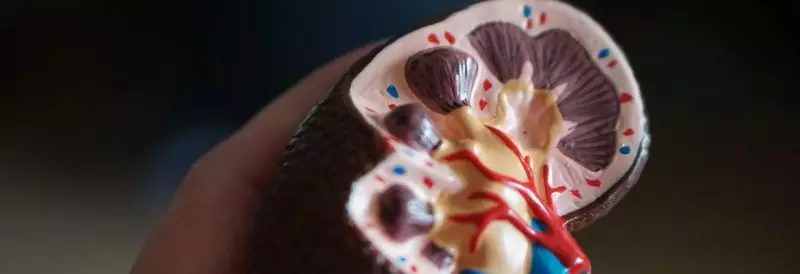
According to the US National Kidney Foundation, 1 in every 10 people suffers from kidney stones at some point in their life. And even though in some cases, this health condition goes undetected, the majority of people experience symptoms, which significantly decrease the quality of their life. For instance [1] :
- Abdomen, back or side pain
- Urge to pee
- Difficult and painful urination
- Unusual smell/color of the urine (may even be bloody)
- Nausea and vomiting
- Fever and sweating
- Other
As kidney stones are formed by the crystallization of minerals/salts/chemicals in the urine, our diet plays a crucial role in controlling and preventing the formation of those tiny particles.
And there are 2 main “ground rules” when it comes to prevention for the vast majority of kidney stones:
- Drinking enough water (around 3 liters per day for most adults [2]) to reduce the chemical concentration of the urine.
- Reducing your salt (sodium) consumption, because a high sodium intake can increase the amount of calcium in the urine, which can predispose you to the formation of stones.[3]
But when it comes to diet, there are different foods for you to focus on, depending on the type of kidney stones you suffer from: Calcium Oxalate, Calcium Phosphate, Uric Acid, or Cystine Stones. [4]
However, in this article, we will focus on Calcium Oxalate and Uric Acid stones, as those are the two most common types of stones.
Foods to avoid for calcium oxalate stones
Too much oxalate in the urine is a prerequisite for the formation of calcium oxalate kidney stones.
Oxalate is naturally found in certain foods. Therefore, when people who are predisposed to form oxalate stones consume large amounts of high oxalate foods, the excess oxalate ends up building up in the urine. [5]
One strategy to prevent the formation of such kidney stones is to avoid foods very rich in oxalate. [6]
- Spinach
- Rhubarb
- Rice bran
- Almonds
- Beets
- Miso
Another important strategy to prevent the formation of calcium oxalate kidney stones is to increase your intake of dairy, because dairy is high in calcium. And calcium binds oxalate in the intestines, reducing the absorption of oxalate.
Contrary to many speculations that calcium is the cause for crystallization, according to the US National Kidney Foundation, reducing your calcium intake may actually increase the risk of kidney stone formation.
So don’t ditch the dairy from your diet!
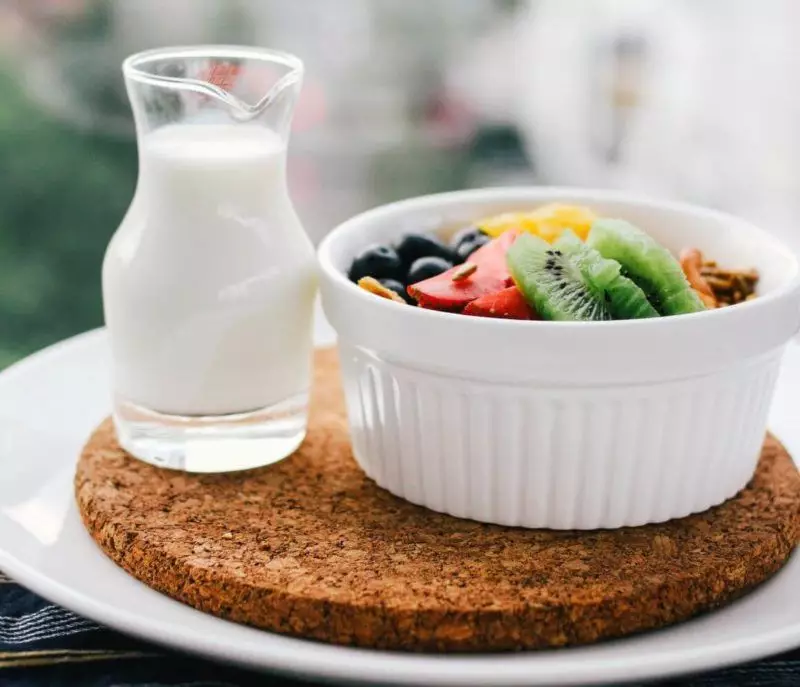
Foods to avoid for uric acid stones
This type of kidney formations is triggered by high urine acidity (< 5 pH). In that case, the uric acid dissolves in the urine and then crystallizes into hard particles. [7]
To prevent the formation of uric acid stones, it’s important to continuously control the acidity of your urine. And luckily, we can do that by changing our diet!
Acidic foods, which reduce the pH of the urine, and should be eaten in moderation, are [8] :
- Beef, pork, and lamb
- Fish and seafood
- Poultry and eggs
- Some hard cheeses
- Processed meats
If your body is prone to uric acid stones formation, it’s best to reduce the consumption of foods that produce acid in your body (when they are metabolized) and increase the intake of foods that produce alkali.
An important distinction between those food types is the acidity of their metabolites, and not their acidity before consumption. For example, tomatoes are acidic (when you eat them), but actually produce alkali (or base) when metabolized. That’s why their consumption should be encouraged!
Foods that reduce the risk of uric acid stones
Alkaline foods, which increase the urine pH and reduce the risk of uric acid kidney stone formation are:
- All fruits
- All vegetables
- Milk and yogurt
- Soft cheeses
Conclusion
Diet plays a vital role in keeping your kidneys healthy and has the power to prevent the formation of kidney stones in a natural and gentle way!
Disclaimer: This information is meant for educational purposes only. It is not intended to replace the counsel of a medical doctor.



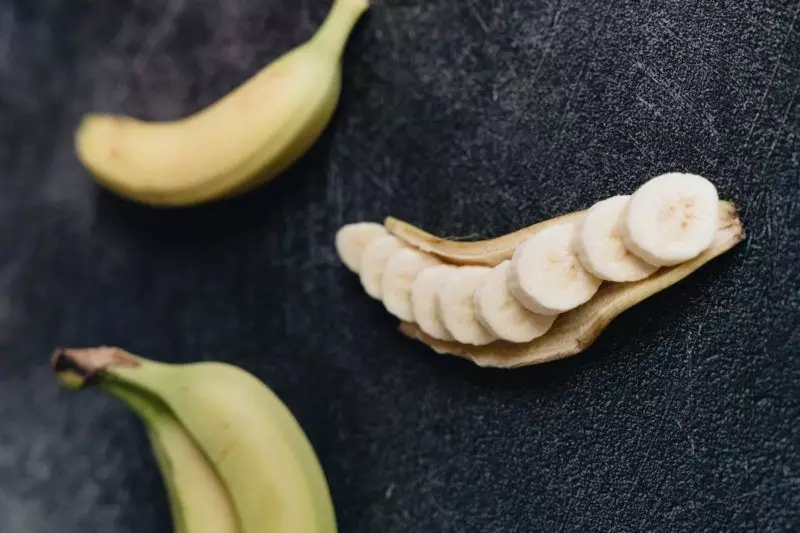
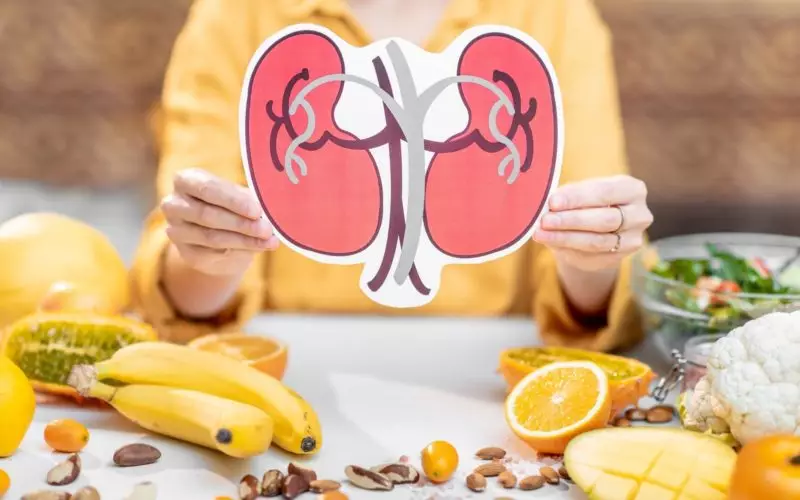
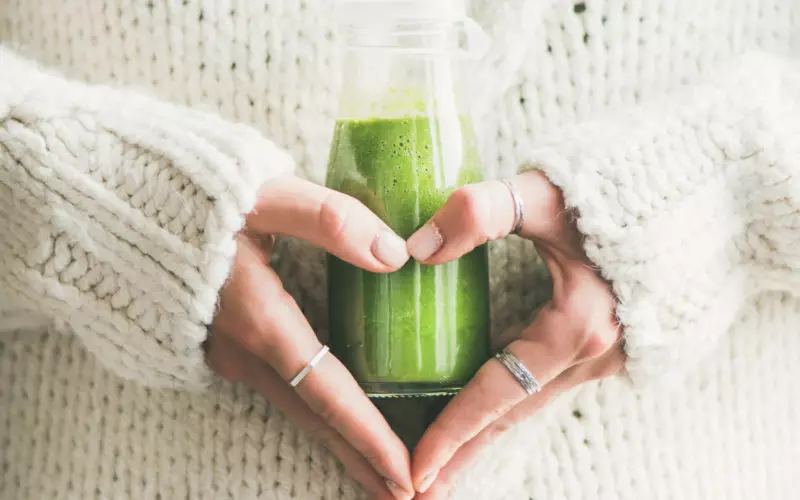
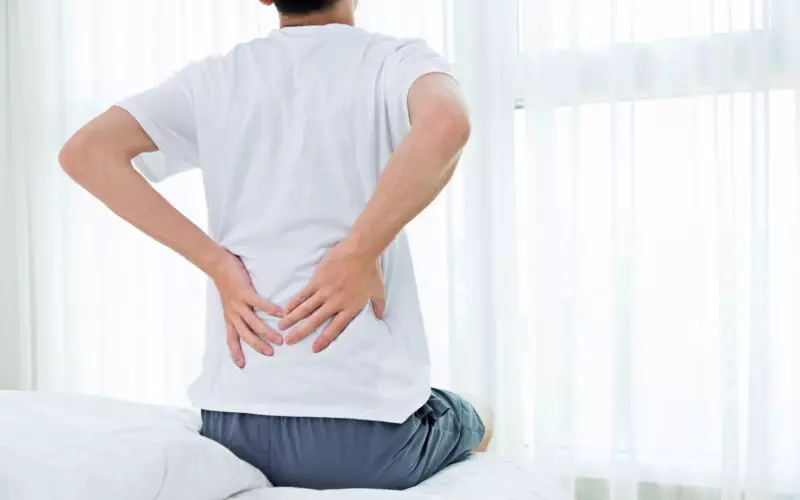
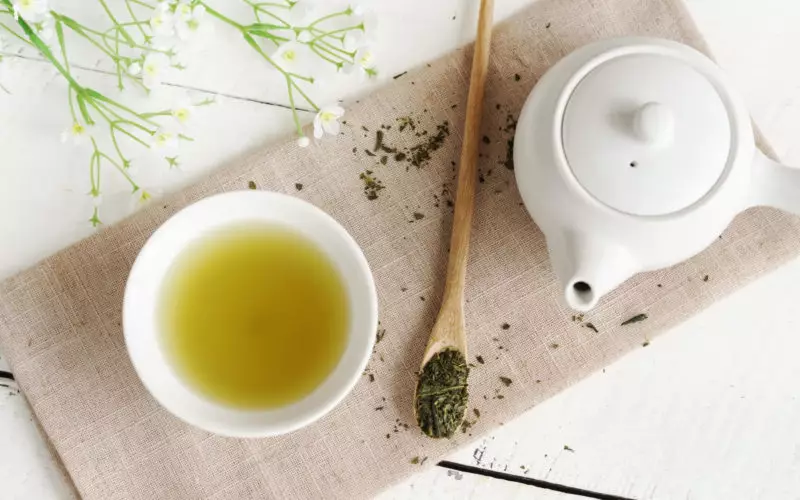

Very concise, straight to the point and helpful article. Good to know that dairy products should not be excluded, especially when people suffering from kidney stones have them as an integral part of their diet.
Wish you the best of luck in your future endeavors and research activities!